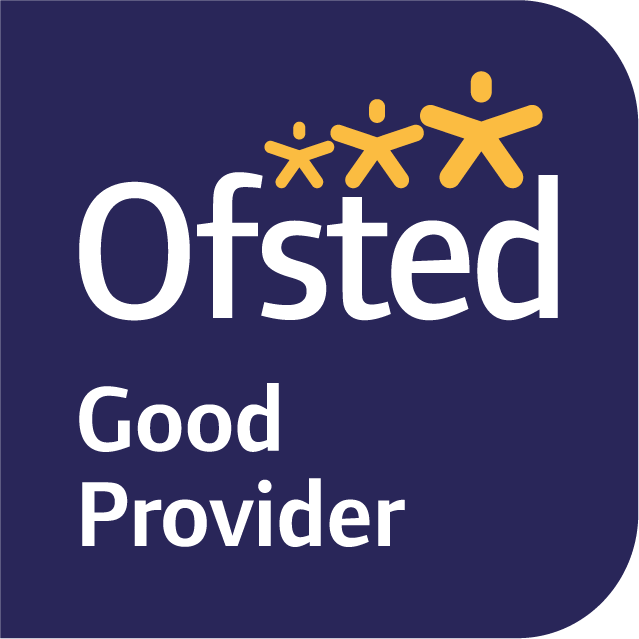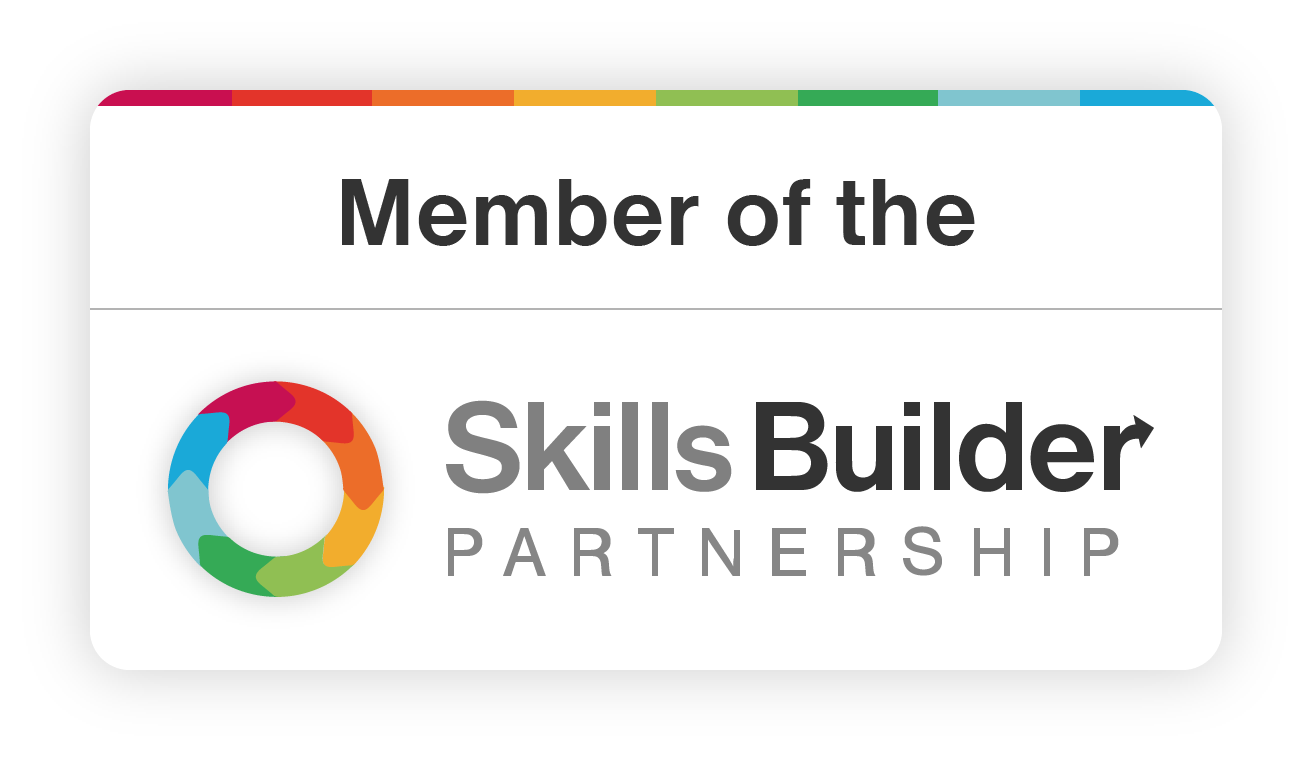Student Welfare
The Student Welfare Team are skilled, dedicated, and enthusiastic professionals with extensive experience in working with young people in settings that cover Education, Children in Care, and Social Care.
The Student Welfare & Inclusion Team:
- Miss L Coates - Head of Safeguarding and Wellbeing - Designated Safeguarding Lead
- Ms J Stubbs - Assistant Headteacher - SENDCO
- Mrs V Basford - Attendance Officer
- Head of Year 7-Miss J Coates
- Head of Year 8 - Mr B Armstrong
- Head of Year 9 - Miss L Gray
- Head of Year 10 - Mrs K Reed
- Head of Year 11 - Miss S Mills
A principal aim within welfare is to try to identify and support students with difficulties as early as possible and offer effective support. We work alongside a range of professionals, from Social Care to external mentors, attending multi-agency meetings and supporting students in school on a daily basis. The Academy regards effective communication with parents / carers as vitally important. Parents are encouraged to contact their child’s Head of Year if they are concerned about any aspect of their child’s progress or welfare. They may also be able to offer additional support or referrals to external agencies who can assist families.
The Student Welfare & Inclusion team works alongside the staff within the school to help to provide a safe, caring, and happy school community where each student feels valued. Heads of Year work alongside the attendance team to support students with attendance difficulties. The team works with the Senior Leadership of the Academy and teachers, on a daily basis, to support students to enable them to act within the expectations of the academy and achieve their full potential.
Who is Early Help?
We are all Early Help. Early Help is not a service. Anybody working with children or families is part of Early Help, at the point that problems are identified. The well-being of children, young people, and families is everyone’s responsibility. Early Help is the collection of all services available in Sunderland and how they work with families when there are additional or more complex needs, before the need for Children’s Social Care (CSC) and safeguarding procedures.
Why is it important?
Mental Health Strategy
Thornhill Academy mental Health strategy will prioritise the prevention of mental health and well-being concerns through a well sequenced PSHCE curriculum and a focus on building emotional intelligence and resilience through all areas of the curriculum and beyond. A focus on early intervention to meet the social, emotional and mental health needs of children and staff who have emerging needs. Creation of systems equipped to identify escalating needs of students to support students and staff and identify onward referral pathways beyond Thornhill Academy. A whole school commitment to mental health and well-being CPD for all staff with an enhanced, well-planned offer to those offering internal intervention. A strong internal intervention offer formed from evidence-based practice where impact is monitored through a robust quality assurance system.
Students at the school will have access to:
- School Counselling
- Social Emotional and Mental Health Intervention
- Emotional Resilience Intervention
- Youth Drug and Alcohol services
- Early Help Team
- Early Help Intervention
- Social Prescribers
- C Card - Sexual health and Advice
- Behaviour Intervention
- Mentoring
- Peer mentors
The school works closely with Multi Agency Partners who are also available for further advice and support :
- Washington MIND - Mental health and Wellbeing for adults and under 18s - https://www.washingtonmind.org.uk
- Child and Adolescent Mental Health Service (CAMHS) - 0191 283 1153
- Children and Young Peoples Service (CYPS) - 0191 566 5500
- Intensive Community Treatment Service (ICTS) 0191 566 5500
- Mental Health Resources Library (charliewaller.org)
By changing the way we all work, from a late reaction to chronic and acute need to a focus on the root causes of social problems, outcomes for children and families improve, and costly statutory interventions can be avoided.
Please see the link below for further information and support
https://www.togetherforchildren.org.uk/professionals/early-help
PREVENT AGENDA
Prevent is part of the government’s strategy to address terrorism. The main aim of Prevent is to stop people from becoming terrorists or supporting terrorism. Prevent focusses on all forms of terrorist threats. The Government’s Prevent strategy can be found at the following address: www.homeoffice.gov.uk
How can you help?
It is important that we all work together, so we can protect our communities. There are many ways you can help. For example, get in touch with your local neighbourhood or Prevent team for advice and support if you are worried about someone you know who you believe may be vulnerable to radicalisation. Alternatively, you can speak to your local officers about helping run community events to bring people from different communities together.



